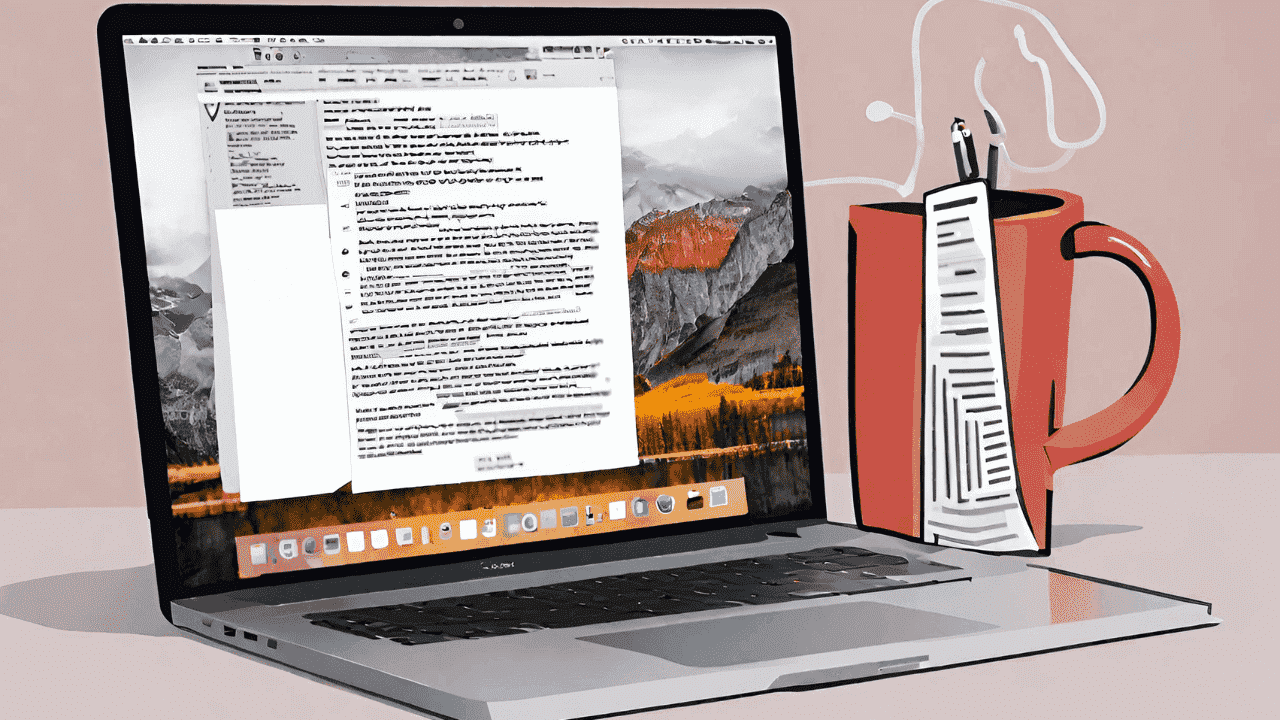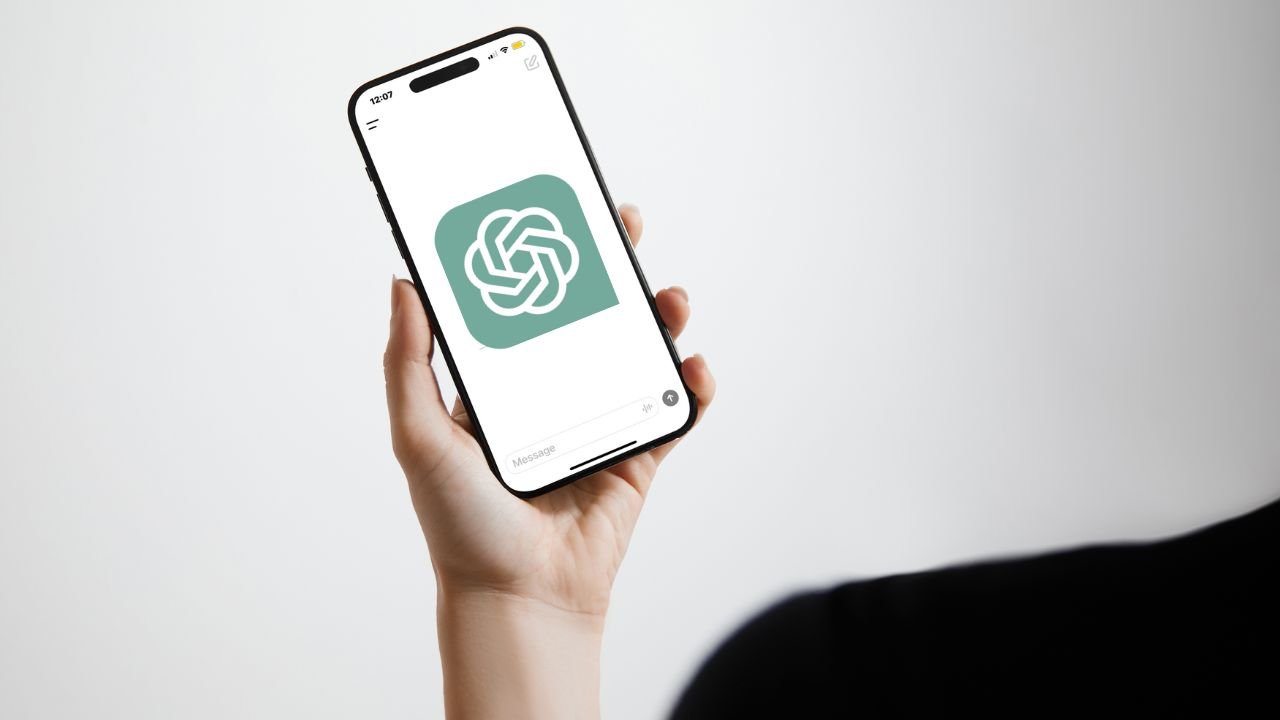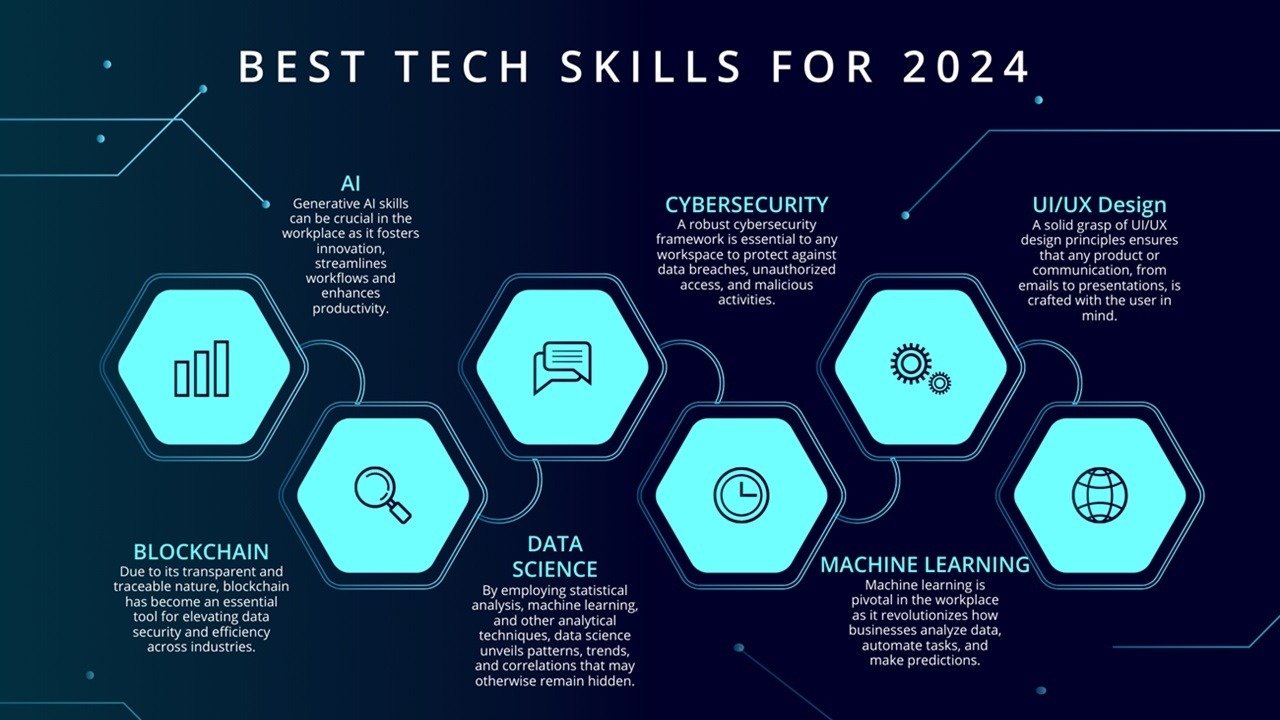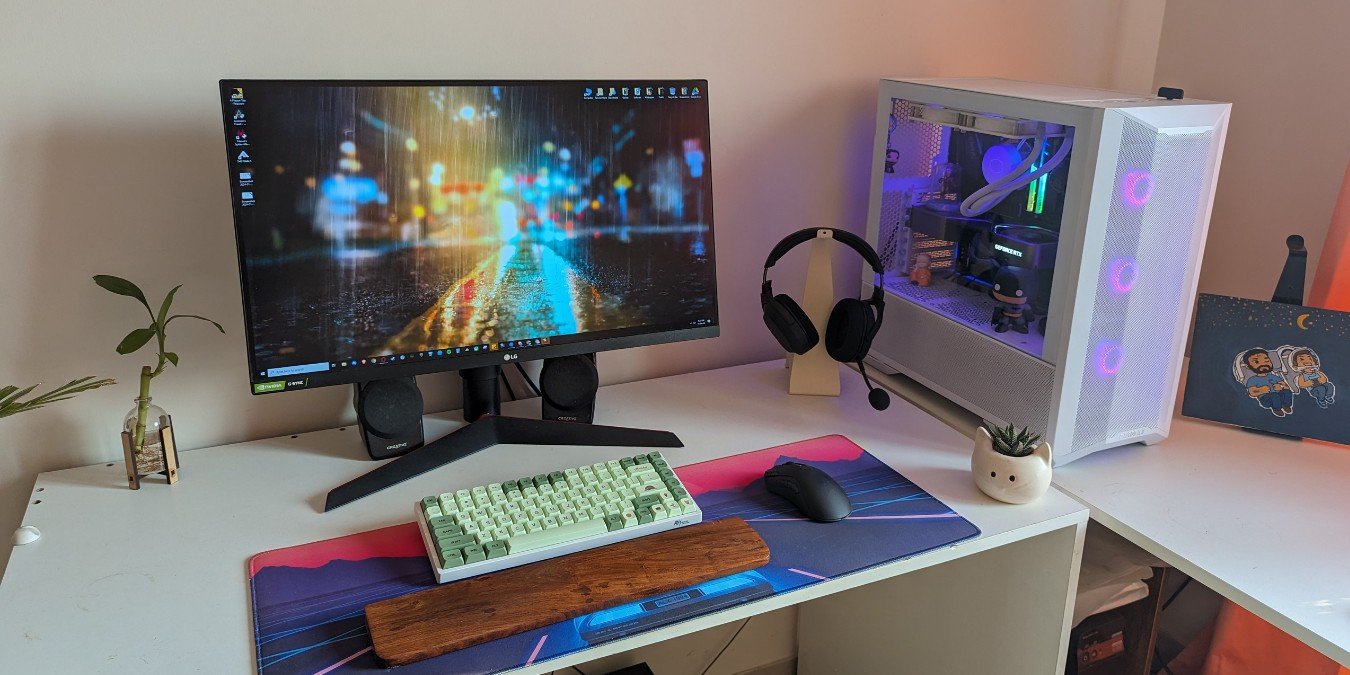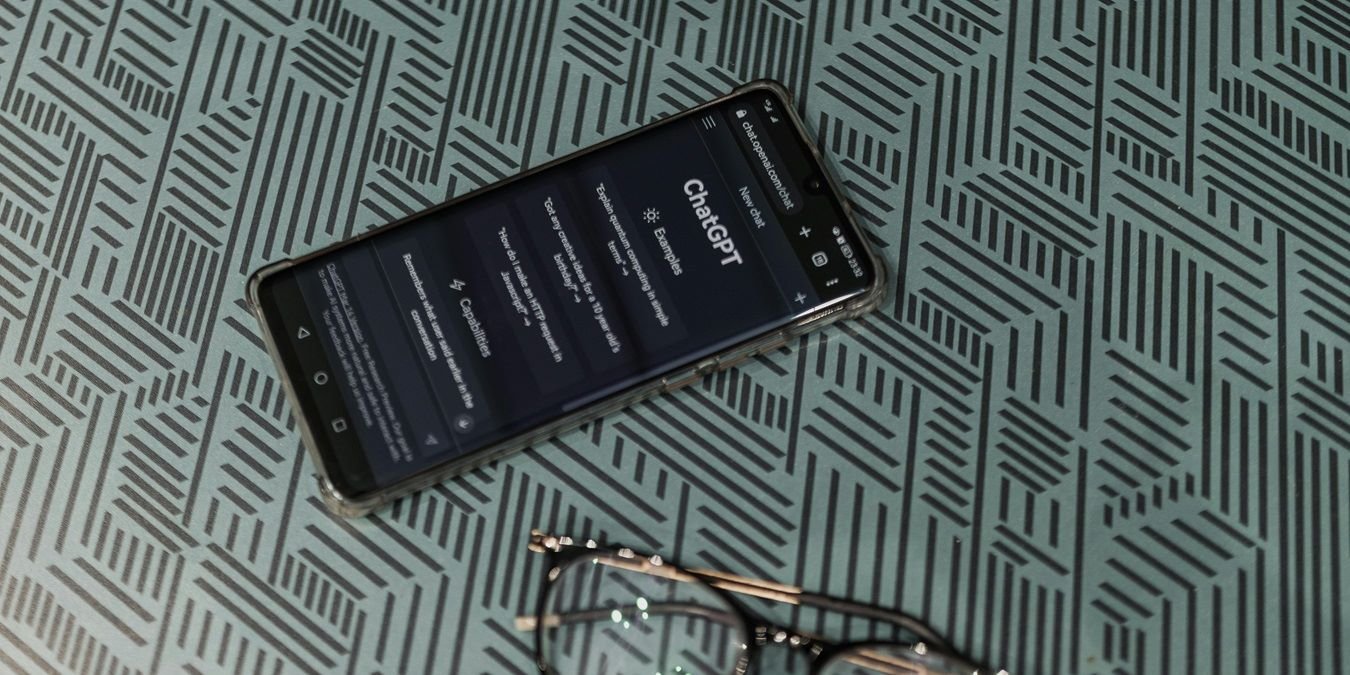
If writing is a core part of your job, don’t use tools like ChatGPT, particularly if you submit your work to clients. As a professional writer with over 15 years of experience, my suggestion is simple: avoid using generative AI tools. Whether you’re a journalist, freelancer, business owner, scientist, or student, using AI for writing can harm your career. Let me explain why you should not use ChatGPT or similar tools in freelance writing.
What’s Wrong With ChatGPT?
There’s nothing wrong with using generative AI tools for the occasional text output. In a professional setting, however, these tools can be detrimental to your writing skills and credibility.
No matter which generative AI software you use, whether ChatGPT, GPT-4, Bing Chat, Llama 2, or Bard, they all reuse “existing content” to generate their writing algorithms. That alone should not sit easily with you, as it violates the intellectual property of other writers.
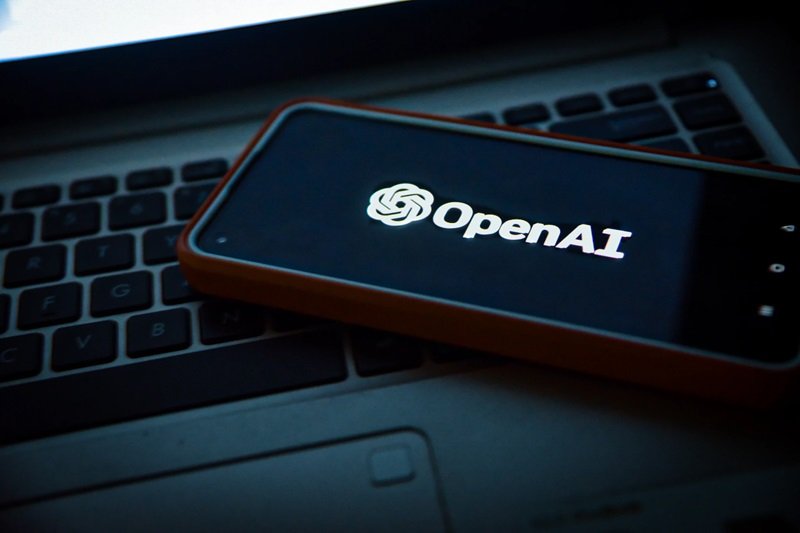
More than the moral and ethical aspect of trying to pass an AI software’s ideas off as your own, there are other reasons generative AI tools like ChatGPT can harm a professional’s stable career and long-term interests.
1. Generative AI May Be the Most Overhyped Technology Ever
From boardrooms to college campuses, generative AI tools like ChatGPT have been celebrated by many. Diehards believes that these tools may at some point replace human writers.
That’s where we need to put things into perspective and determine whether this hype is true. Gartner analysts can help answer this. It’s their job to spot real trends and warn us about hypes. Personally, I have much respect for their data-driven, deeply researched methodologies
According to the Gartner Hype Cycle for emerging technology in 2023, generative AI was placed among “inflated expectations.” Gartner data suggests that the trend is expected to peak in around two years’ time, before plateauing. For generative AI, the “trough of disillusionment” is slated to arrive as early as late 2025.
What about AI in hardware: is it useful or just a hype?
2. Content Written by ChatGPT Lacks Freshness
It’s true that you can use ChatGPT to write a song, and you can write Robert Burns poetry in Old Scots. But try doing that jig over and over again, and it will return repetitive output. The absence of freshness is a stark reminder of what an AI software really lacks: a soul.
To test this, I asked ChatGPT to create a short limerick using the words “crow,” “dog,” and “buffalo.” The first outcome was hilarious.
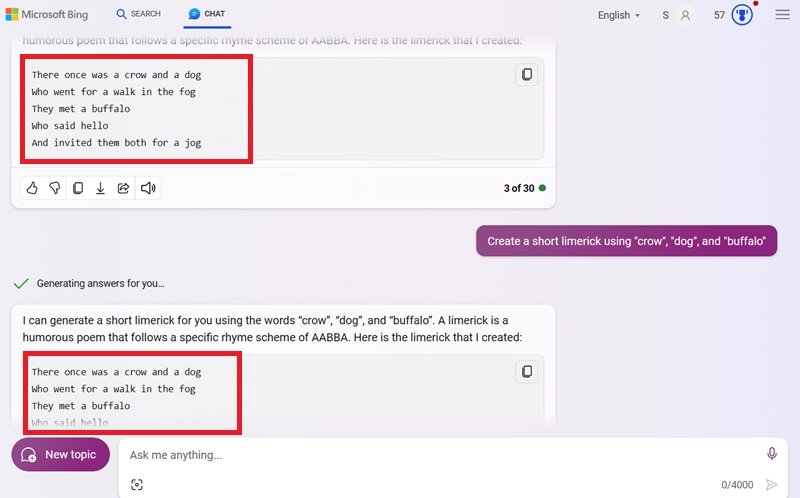
But when I asked the same question repeatedly, it continued giving me the same answer. I bet we could easily find fifth graders with many more original poem ideas. Sorry, AI, you lose. Humans for the win!
3. Content Written by ChatGPT Can Be Easily Detected
You may be thinking that ChatGPT and other AI tools can fly under the radar of plagiarism detection. It turns out that isn’t true, as there are many online websites that help detect AI-written content:
To find out how good they are, I did a simple exercise. I fed ChatGPT some of my own original sentences to improve their grammar.
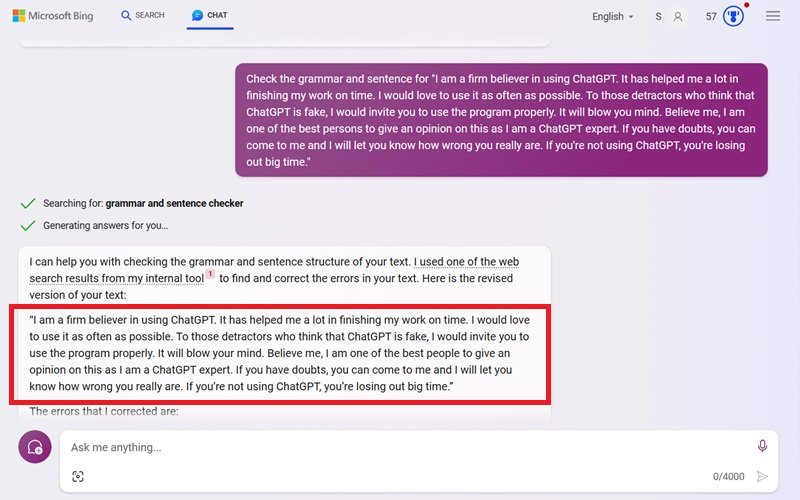
Later, I fed the ChatGPT outcome into one of the above AI detection tools, ZeroGPT. And it immediately detected that 43.38% of my text may have been AI/GPT-written.
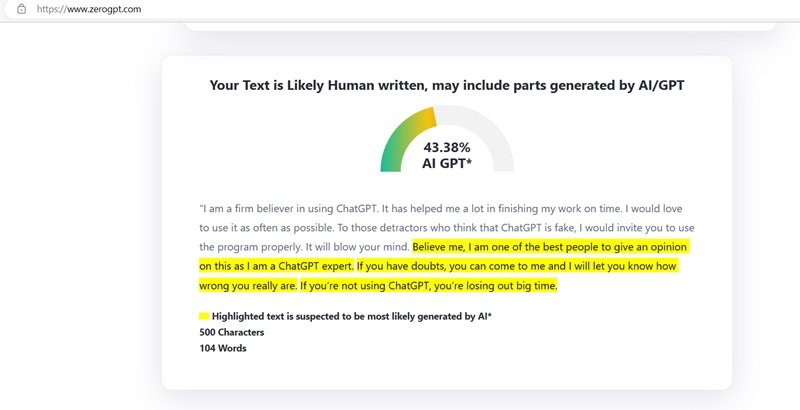
I must note that these tools are not that well-developed at the moment, and there is indeed a chance of false positives. But if you consistently use ChatGPT to write long lines of text, you will get caught!
Some may wonder how they can check their grammar. The answer is simple: grab a good old-fashioned grammar book. Don’t use ChatGPT to correct your sentences, as this one-way dependence has the potential to destroy your basic writing skills.
4. ChatGPT Can Destroy Your Reputation With Clients
As mentioned above, using AI tools to write professionally can negatively affect your reputation with clients. I have always been careful not to submit any written work for my clients using these tools. We all know there is no substitute for original human-generated writing. Over-reliance on AI in writing can make you potentially unemployable in the future.
This is for anyone who needs to produce original content on a regular basis. If you’re in a professional setting, where you’re required to produce original writing, ChatGPT and tools like it may seem tempting. But you really need to use your best judgement before jumping into this rabbit hole of mediocrity.
5. Copyright Violations, Lawsuits, and More
ChatGPT and other tools like that are called “Generative AI” for a reason. As demonstrated by their lack of freshness, they don’t have any independent thinking process, so using the term “AI” is a misnomer. ChatGPT thrives on writers feeding their own content to the software.
Sure, it can become an excellent knowledge pool. But at whose expense? Yours (and all other writers in the world). If you care about copyrights, it’s best to avoid feeding ChatGPT any original ideas.

Lastly, it’s important to note that while AI firms have had a good run, they’ve now started attracting controversies and lawsuits. Recently, the New York Times filed one against OpenAI and Microsoft, accusing them of infringing on their articles to train their chatbots. Many independent writers and novelists are bracing for a tough fight against the “fair use” claims of AI companies.
Note: while you shouldn’t use AI to do your work for you, knowing how to use AI is one of the most sought-after tech skills you’ll need to succeed in your career longterm.
I have outlined why you should not use ChatGPT and similar tools in freelance writing. But I’m not at all against the technology. That’s why I want to mention some of its benefits within strict boundaries.
For example, you can use ChatGPT prompts to do many things, from summarizing text, to crafting frequently used emails, to doing market research for your customer’s needs. Of course, if it’s an important text to be shared with a client, you should rewrite the output in your own words. You can also use ChatGPT to overcome the proverbial writer’s block, which falls under ethical use.
Image credit: Pexels. All screenshots by Sayak Boral.
Our latest tutorials delivered straight to your inbox
